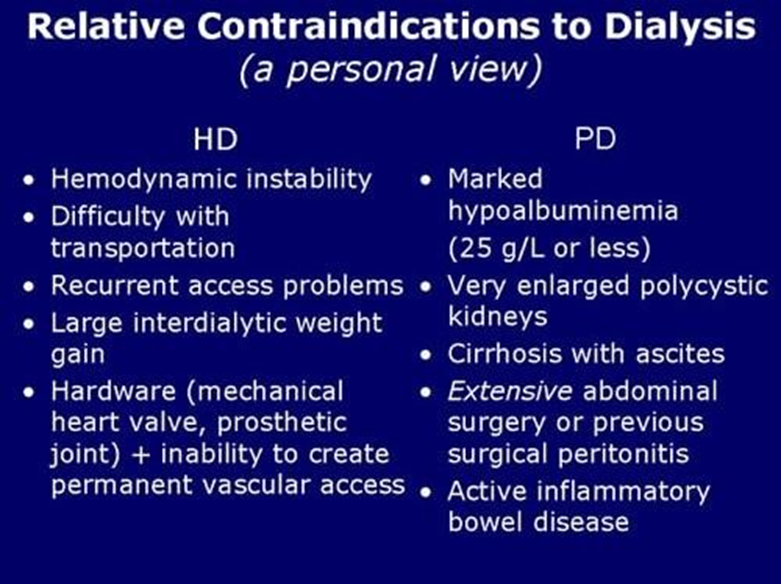Patient Data
What order(s) should the nurse anticipate being prescribed after an update is reported to the healthcare providers? Select all that apply.
Increase IV fluids to 150 mL/hr
Monitor for adverse reaction to antibiotics
Repeat CD4+ T-cell count STAT
Initiate airborne isolation
Administer antiemetic
Correct Answer : A,B,E
A. This intervention is likely to be ordered due to the patient's fever and elevated heart rate, which may suggest dehydration or the need for increased fluid intake to support hemodynamic stability and mitigate the effects of fever and potential dehydration from fever and nausea.
B. Given the diagnosis of Pneumocystis pneumonia, the patient will likely be on or start antibiotics specific to this infection, such as trimethoprim-sulfamethoxazole. Monitoring for adverse reactions is crucial, especially in a newly diagnosed HIV- positive patient who might be starting multiple new medications.
C. While it is important to monitor CD4 counts in HIV-positive patients to guide treatment decisions, repeating the CD4 count immediately might not be prioritized unless there are specific clinical changes that suggest a rapid decline in immune function. Given the recent test results showing a CD4 count of 443 cells/mm^3, immediate retesting might not be clinically justified unless guided by other symptoms or considerations not detailed here.
D. Pneumocystis pneumonia does not require airborne isolation as it is not typically contagious between people under normal circumstances. Instead, it arises as an opportunistic infection in individuals with weakened immune systems. Hence, this order would not be appropriate unless there were other infections suspected that require such precautions.
E. The patient reports severe nausea, which not only is distressing but can also prevent the patient from taking oral medications and maintain necessary nutrition. Administering an antiemetic can help manage this symptom effectively.
Nursing Test Bank
Naxlex Comprehensive Predictor Exams
Related Questions
Correct Answer is B
Explanation
A. Husky voice and hoarseness are not typically associated with Cushing's syndrome but may be related to other conditions affecting the throat or vocal cords.
B. Central type obesity, with thin extremities, is a classic manifestation of Cushing's syndrome due to excess cortisol, which promotes fat accumulation in the trunk and face while causing muscle wasting in the extremities.

C. Warm, soft, moist, salmon-colored skin is not typically associated with Cushing's syndrome and may indicate other dermatological conditions.
D. Visible swelling of the neck with no pain is not a characteristic finding of Cushing's syndrome and may indicate other underlying issues such as goiter or lymphadenopathy.
Correct Answer is A
Explanation
A. Crohn's disease with colectomy. Peritoneal dialysis involves instilling dialysis fluid into the peritoneal cavity, and conditions that affect the integrity or function of the peritoneum, such as Crohn's disease with colectomy, can be contraindications due to the risk of infection or inadequate dialysis.

B. Latent hepatitis C is not a contraindication for peritoneal dialysis, although active hepatitis C infection may be a concern due to increased risk of peritonitis.
C. Type 2 diabetes mellitus is not a contraindication for peritoneal dialysis; in fact, it is a common cause of end-stage renal disease and may necessitate dialysis.
D. Nephrotic syndrome history is not a contraindication for peritoneal dialysis; in fact, peritoneal dialysis may be indicated in some cases of renal failure associated with nephrotic syndrome.
Whether you are a student looking to ace your exams or a practicing nurse seeking to enhance your expertise , our nursing education contents will empower you with the confidence and competence to make a difference in the lives of patients and become a respected leader in the healthcare field.
Visit Naxlex, invest in your future and unlock endless possibilities with our unparalleled nursing education contents today
Report Wrong Answer on the Current Question
Do you disagree with the answer? If yes, what is your expected answer? Explain.
Kindly be descriptive with the issue you are facing.
